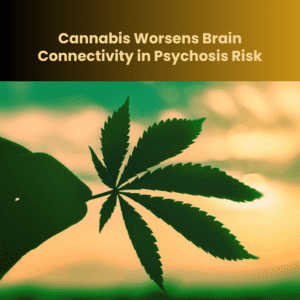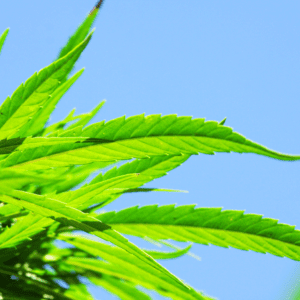White House Drug Czar Advocates for Cannabis’s Reclassification to Schedule 3

Dr. Rahul Gupta, the director of the Office of National Drug Control Policy, recently discussed the Biden administration’s efforts to reclassify marijuana from a Schedule 1 to a Schedule 3 drug. According to Dr. Gupta, this shift is supported by significant scientific advancements over the past fifty years.
“The science has evolved considerably,” said Dr. Gupta. “It shows that marijuana may not belong in the same category as heroin, LSD, and ecstasy.”
Department of Justice Announces Progress in Rescheduling
The Department of Justice has announced the next steps towards rescheduling marijuana. This move aligns with the administration’s goal to recognize the medical benefits of marijuana while addressing its potential for abuse.
Cannabis as a Schedule 1 Drug
Marijuana has long been classified as a Schedule 1 drug, a category reserved for substances with no accepted medical use and a high potential for abuse. This classification has hindered medical research and the development of marijuana-based treatments.
The Push for Schedule 3 Classification
The Biden administration’s initiative to move marijuana to Schedule 3 reflects its moderate to low potential for abuse and acknowledged medical benefits. This reclassification would significantly impact medical research and treatment options for chronic illnesses.
Insights from Dr. Rahul Gupta
WGCU’s Cary Barbor interviewed Dr. Gupta to delve into the implications of this potential change. Dr. Gupta emphasized the importance of basing drug policies on scientific evidence.
“Placing marijuana in Schedule 3 acknowledges its medical benefits and allows for its use in treating chronic pain, cancer, and other diseases,” Dr. Gupta explained. “It also enables more research and development of new drugs.”
He highlighted President Biden’s actions in 2022, directing the Department of Justice and Health and Human Services to review marijuana’s classification, aiming to rectify past policy failures.
Presidential Pardons and State-Level Implications
Dr. Gupta noted that President Biden has pardoned individuals with federal marijuana-related convictions. However, state-level charges require changes in local laws, such as those in Florida.
Prescription Potential and Provider Access
Reclassifying marijuana to Schedule 3 would enable licensed providers to prescribe it. Dr. Gupta explained, “Drugs between Schedule 2 and Schedule 5 can be prescribed by providers with DEA registration. This change would allow clinicians to prescribe marijuana for medical use.”
Medical Uses and Youth Prevention
Dr. Gupta stressed the importance of following scientific evidence, which indicates marijuana’s medical benefits for conditions like chronic pain and cancer. However, he also underscored the need to prevent drug use among developing adolescents.
“Preventing drug use in young people is crucial, but we must also ensure that Americans can access scientifically-supported treatments,” he said.
Increased Research Opportunities
Reclassifying marijuana as a Schedule 3 drug would facilitate more extensive research, addressing concerns about THC concentrations and other issues.
Public Comment Period and Final Decision
A 60-day public comment period will soon begin, allowing for public input before the Department of Justice makes its final decision on marijuana’s scheduling.
This potential reclassification marks a significant shift in federal drug policy, reflecting evolving scientific understanding and public sentiment towards cannabis.











